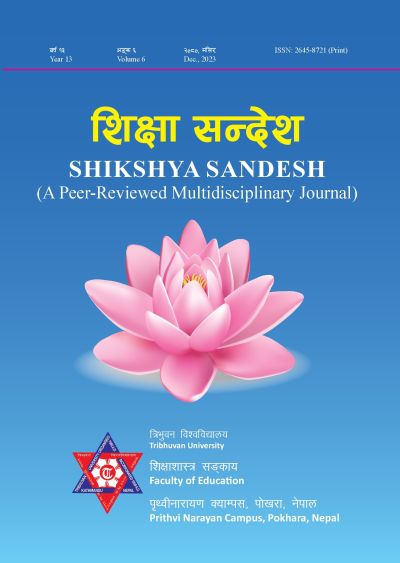Muta Marriage in Islam: Understanding the Practice, Controversies, and Significance
DOI:
https://doi.org/10.3126/ss.v6i1.63097Keywords:
Shia muslim, muslim women, contract, temporary marriage, islamic lawAbstract
Marriage is a social contract between husband and wife for their future life with responsibilities, right and duties. Islam does not rule out the dissolution of marriage as a last resort for estranged couples. A Muta marriage only lasts for a specified period of time. This article examines the legitimacy of Muta marriage, a popular practice among Shia Muslims, practice, controversies and significance. It discusses the legality of children, inheritance, and divorce, as well as the link between prostitution and Muta marriage. Muta marriage is practiced to avoid persecution and find pleasure, particularly for males, while making women’s lives miserable and shameful. The research is based on a qualitative study, focusing on the general situation of Muta marriage, with in-depth interviews and library research method. The study focuses on the historical analysis of the Muta marriage system, with anonymous respondents referred to as Res.1 through Res.3. on the demand of respondents. Other aspects of the subject topic are not addressed in the research. This article aims to shed light on Muta marriage by exploring its historical context, purpose, controversies, and its place in modern Muslim societies.
Downloads
Downloads
Published
How to Cite
Issue
Section
License
Copyright (c) 2023 The Author(s)

This work is licensed under a Creative Commons Attribution-NonCommercial 4.0 International License.
This license enables reusers to distribute, remix, adapt, and build upon the material in any medium or format for noncommercial purposes only, and only so long as attribution is given to the creator.




